Contents
As car enthusiasts, we often marvel at the power and performance of our vehicles, but it’s crucial to remember that behind the roaring engines and sleek designs lies a complex network of systems working tirelessly to keep everything running smoothly. Among these, the cooling system plays a pivotal role in ensuring that your car’s internal components don’t succumb to the heat generated during operation. In this article, we’ll explore the intricacies of car cooling systems, shed light on common cooling problems, and provide insights on how to address these issues effectively.
The Importance of Car Cooling Systems
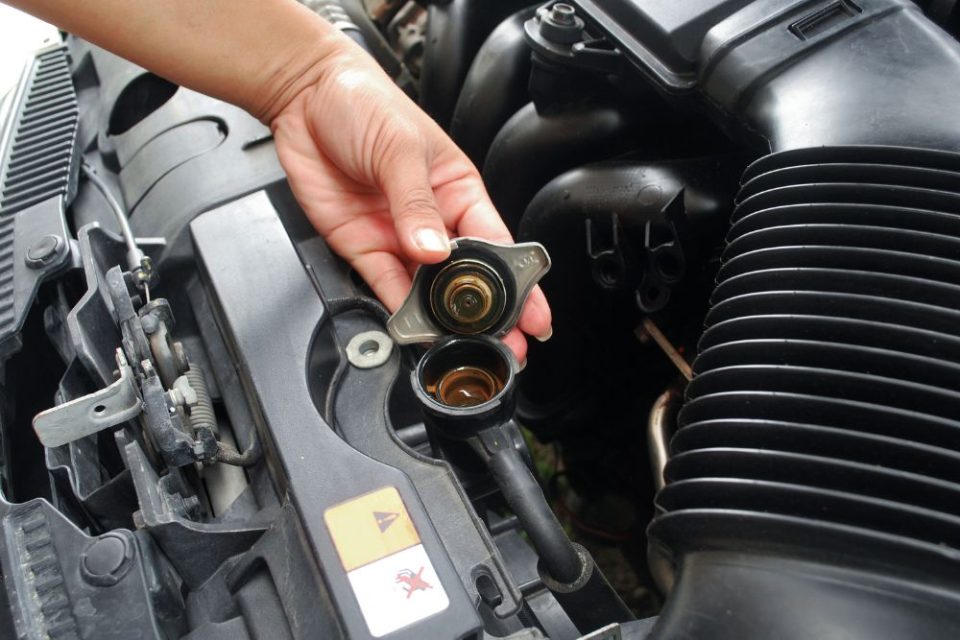
A car’s engine generates an enormous amount of heat during combustion. If this heat is not efficiently dissipated, it can lead to severe damage to vital components. This is where the cooling system comes into play. The primary function of the cooling system is to regulate the temperature of the engine and other internal parts, preventing them from overheating. A well-maintained cooling system not only ensures optimal performance but also extends the lifespan of your vehicle.
Common Cooling Problems
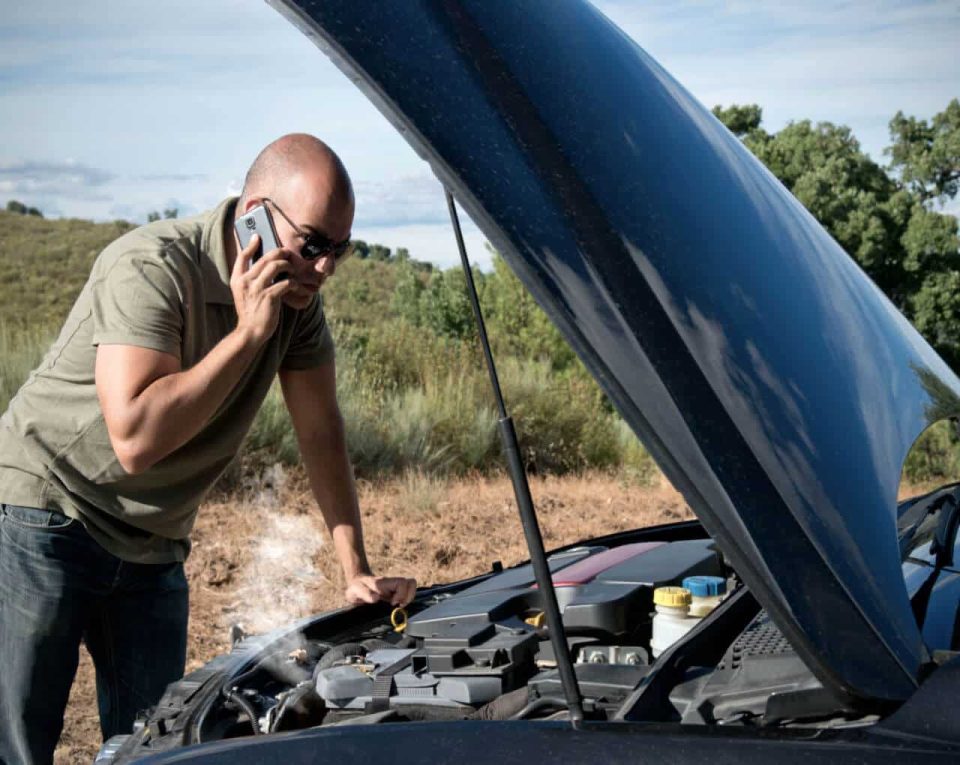
Leaking Coolant
Leaking coolant is a prevalent issue that can compromise the efficiency of your car’s cooling system. Coolant leaks can stem from a variety of sources, including a damaged radiator, hoses, or a faulty water pump. Regularly check for puddles beneath your car, inspect the radiator and hoses for visible leaks, and promptly address any issues to prevent coolant loss.
Faulty Thermostat
The thermostat is a crucial component that regulates the flow of coolant through the engine. A malfunctioning thermostat can lead to improper temperature regulation, causing the engine to overheat. If you notice erratic temperature gauge readings or your engine consistently running hot or cold, it’s advisable to inspect and replace the thermostat if necessary.
Clogged Radiator
Over time, debris, dirt, and sediment can accumulate in the radiator, obstructing the flow of coolant. A clogged radiator can result in inefficient heat dissipation, leading to overheating issues. Regularly flush the radiator and inspect it for any signs of blockages to ensure optimal cooling system performance.
Worn-Out Water Pump
The water pump circulates coolant throughout the engine, playing a crucial role in the auto cooling process. A worn-out water pump can fail to effectively move coolant, resulting in overheating. Keep an eye out for coolant leaks around the water pump, unusual noises, or visible signs of wear, and replace the water pump as needed.
Understanding the Car Cooling System
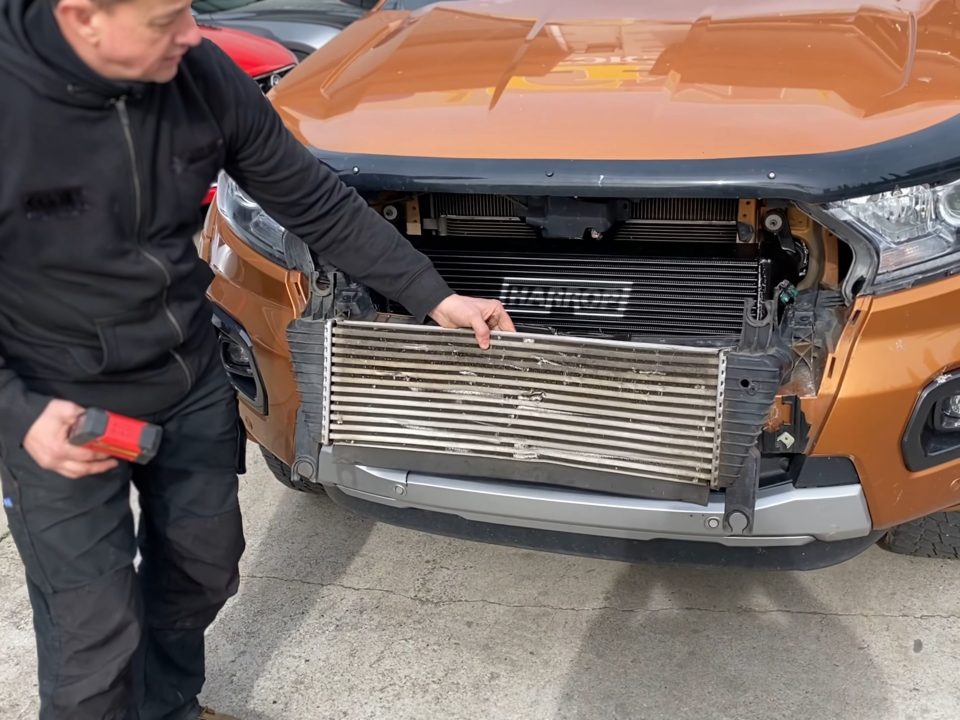
Radiator
The radiator is the heart of the car’s cooling system. It consists of a network of tubes and fins that dissipate heat from the coolant. As the hot coolant flows through the radiator, air passing over the fins helps cool it down before returning to the engine.
Coolant
Coolant, also known as antifreeze, is a mixture of water and chemical additives designed to regulate the engine’s temperature. It absorbs heat from the engine and carries it to the radiator for dissipation. Regularly check coolant levels and quality to ensure optimal performance.
Water Pump
The water pump is responsible for circulating coolant throughout the engine and radiator. It typically has a pulley connected to the engine’s crankshaft, ensuring a continuous flow of coolant. A malfunctioning water pump can lead to inadequate coolant circulation and overheating.
Thermostat
The thermostat acts as a valve, regulating the flow of coolant based on the engine’s temperature. It opens to allow coolant into the radiator when the engine is hot and closes to retain heat when the engine is cold. A faulty thermostat can disrupt this process.
Hoses
Hoses connect various components of the cooling system, allowing the seamless flow of coolant. Inspect hoses regularly for signs of wear, cracks, or leaks, and replace them as needed to prevent coolant loss and overheating.
Cooling Fans
Electric cooling fans help enhance airflow through the radiator, especially when the car is stationary or moving at low speeds. Malfunctioning fans can result in inadequate cooling, leading to overheating. Check fan operation and replace faulty components promptly.
Addressing Cooling System Issues
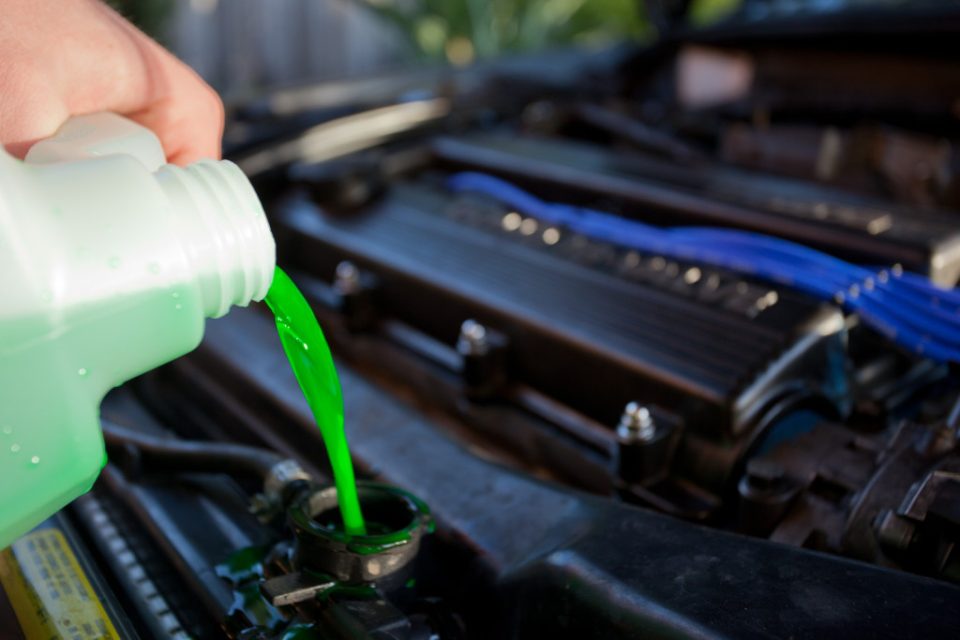
Regular Maintenance
Implementing a regular maintenance schedule is key to preventing cooling system problems. This includes routine checks of coolant levels, inspecting hoses and belts for wear, and flushing the radiator at recommended intervals.
Coolant Flush
Over time, coolant can accumulate impurities and lose its effectiveness. Performing a coolant flush at regular intervals helps remove contaminants and ensures the coolant’s proper cooling and anti-corrosive properties.
Thorough Inspections
Periodically inspect all components of the cooling system, including the radiator, hoses, water pump, and thermostat. Look for signs of leaks, wear, or damage, and address any issues promptly to prevent more significant problems.
Proper Parking Habits
Avoid parking in areas with tall grass or debris that can obstruct the airflow to the radiator. Additionally, refrain from aggressive driving, as it can contribute to increased engine heat and strain on the cooling system.
Conclusion
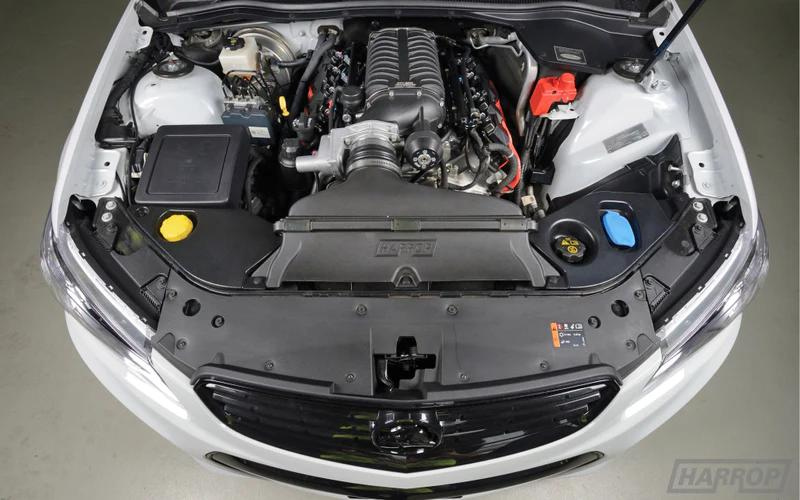
In the intricate dance of automotive systems, the cooling system emerges as a silent hero, safeguarding your car’s engine from the destructive forces of heat. Understanding common cooling problems and the interplay of components within the cooling system empowers car owners to take proactive measures. Regular maintenance, timely inspections, and addressing issues promptly are crucial in ensuring that your car stays cool, both in terms of performance and temperature regulation. As an Australian car owner, where diverse climates and long drives are the norm, keeping your cool has never been more important for the longevity and efficiency of your vehicle.

